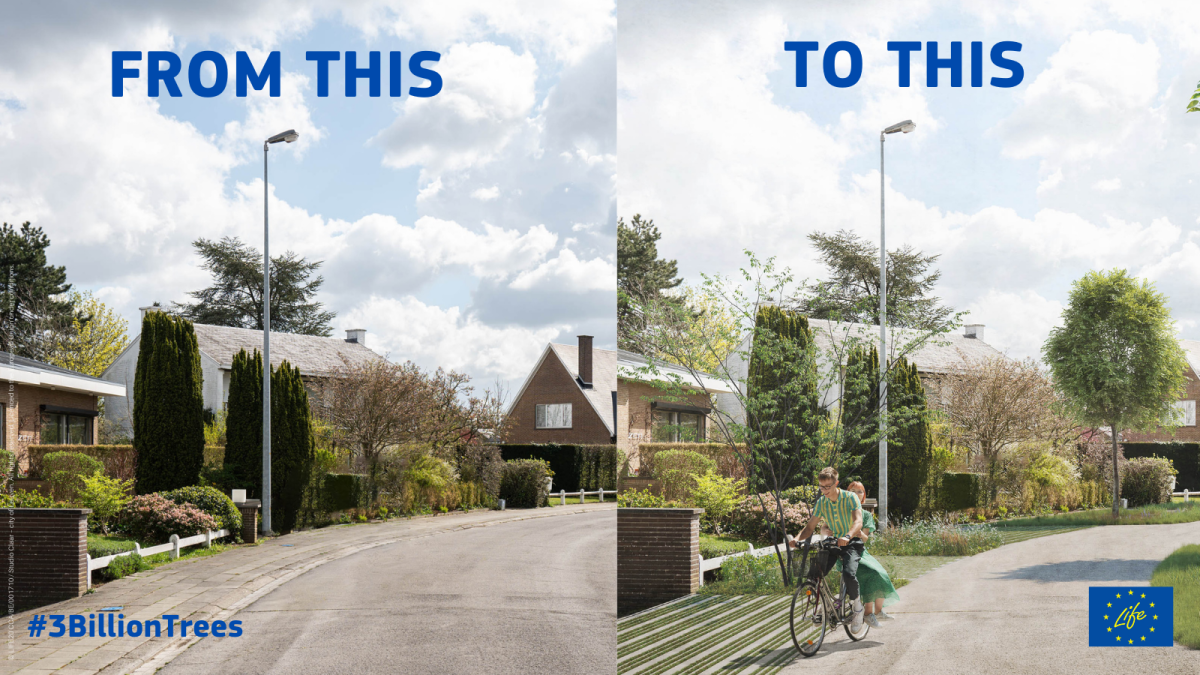Unveiling LIFE’s Role in the #3BillionTrees Movement Across Europe
The LIFE program is making substantial strides in the European Union’s ambitious plan to plant three billion trees by 2030, showcasing initiatives that span from revitalizing urban landscapes in Leuven, Belgium, to enhancing biodiversity in Italy’s new UNESCO World Heritage Site, and restoring natural habitats in Czechia’s Central Bohemian Uplands. These projects are not only combatting climate change but also promoting biodiversity and enhancing the livability of urban areas.
Empowering Communities and Restoring Ecosystems
In Leuven, the LIFE PACT project is transforming the urban environment by replacing concrete with green spaces to mitigate flooding and reduce urban heat during the summer. This project is driven by community participation, encouraging residents to engage actively in greening their surroundings, thereby creating a sustainable model of urban living that other cities like Madrid and Kraków are emulating. Meanwhile, in Czechia, the LIFE České středohoří project is working to restore and manage traditional agricultural landscapes, countering years of neglect and addressing the challenges posed by invasive species and climate change.
Conservation Success and Forward-Looking Strategies
Further south, the LIFE 4 Oak Forests project celebrates a significant achievement with the designation of Italy’s Regional Park of Vena del Gesso Romagnola as a UNESCO World Heritage Site. This project is focused on reversing habitat destruction and conserving oak forests in Italy and Hungary by restoring natural forest conditions and tackling invasive species to preserve these ecosystems for future generations. Collectively, these LIFE projects exemplify Europe’s commitment to environmental restoration and sustainable management, contributing significantly to global conservation goals and the overarching aim of planting three billion trees by 2030.
